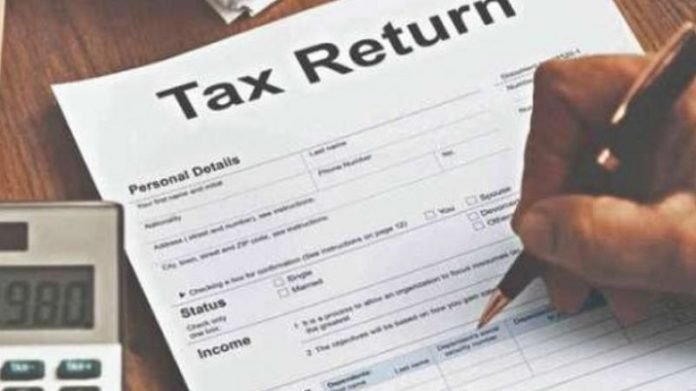Taxpayers who have not e-verified their ITRs for the 2019-20 fiscal can complete the verification process by February 28, 2022, as the Income Tax department has given a one-time relaxation to assessees.
As per law, an income tax return (ITR), filed electronically without a digital signature, has to be verified electronically through Aadhaar OTP, or net-banking, or code sent through Demat account, pre-validated bank account and ATM within 120 days of filing the return. Alternatively, taxpayers can send a physical copy of the ITR filed to the Centralised Processing Centre (CPC) office in Bengaluru.
If the verification process, which is done through the ITR-V form, is not complete, then it is considered that the return has not been filed.
The Central Board of Direct Taxes (CBDT) in a circular dated December 28, said a large number of electronically filed ITRs for the Assessment Year 2020-21, still remain pending with the Income Tax department for want of receipt of a valid ITR-V Form at CPC, Bengaluru, or pending e-Verification from the taxpayers concerned.
“In respect of all lTRs for Assessment Year 2020-21 (fiscal 2019-20) which were uploaded electronically by the taxpayers within the time allowed… and which have remained incomplete due to non-submission of ITR-V Form… the Board… hereby permits verification of such returns either by sending a duly signed physical copy of ITR-V to CPC, Bengaluru, through speed post or through EVC/OTP modes.
“Such verification process must be completed by February 28, 2022,” the CBDT said.
This relaxation shall not apply in those cases, where during the intervening period, the I-T department has already taken recourse to any other measure for ensuring filing of a tax return by the taxpayer concerned after declaring that the return has not been filed, it added.AMRG & Associates Senior Partner Rajat Mohan said “non-compliant taxpayers would get ample time to come clean and complete the verification process, enabling the tax department to process the returns”.
“However, such non-compliant taxpayers would not be compensated for interest for the intervening period under section 244A, as the reasons for delay are attributable to the taxpayer himself.”

